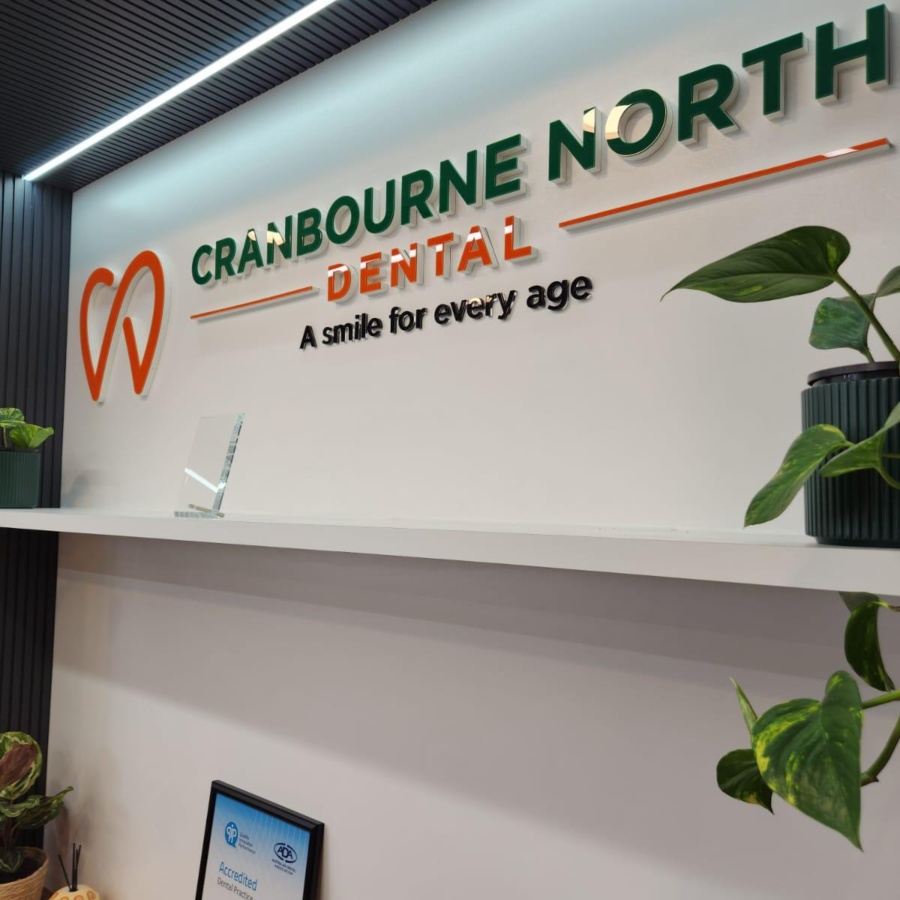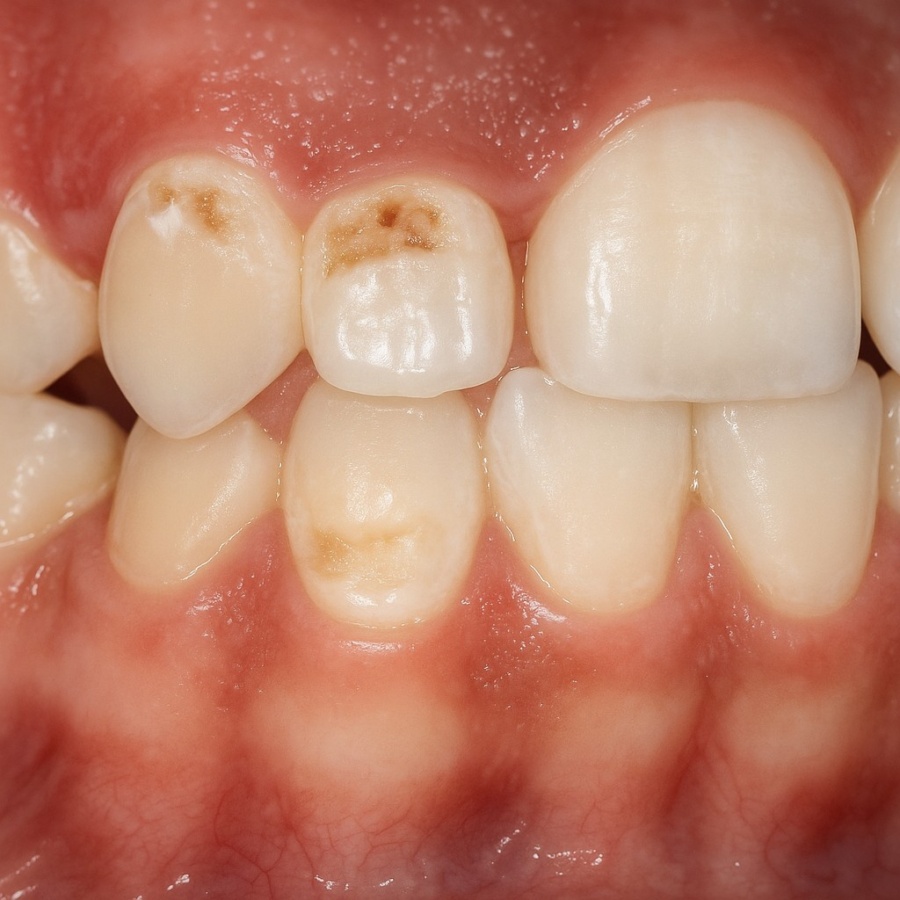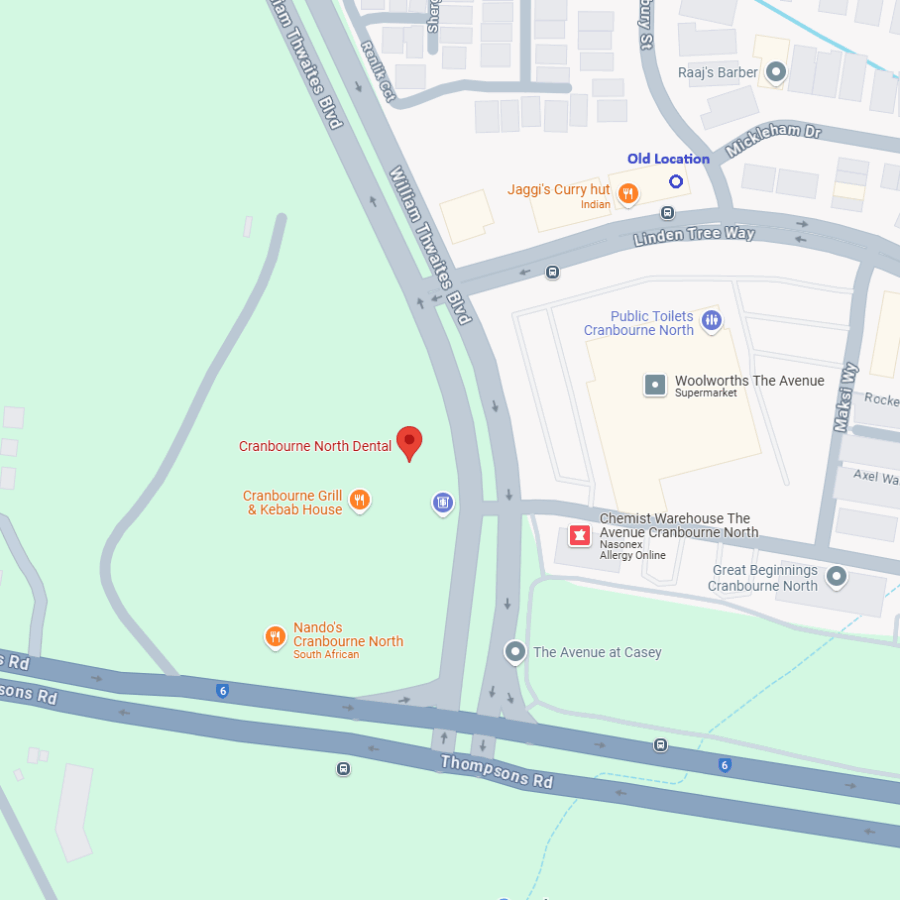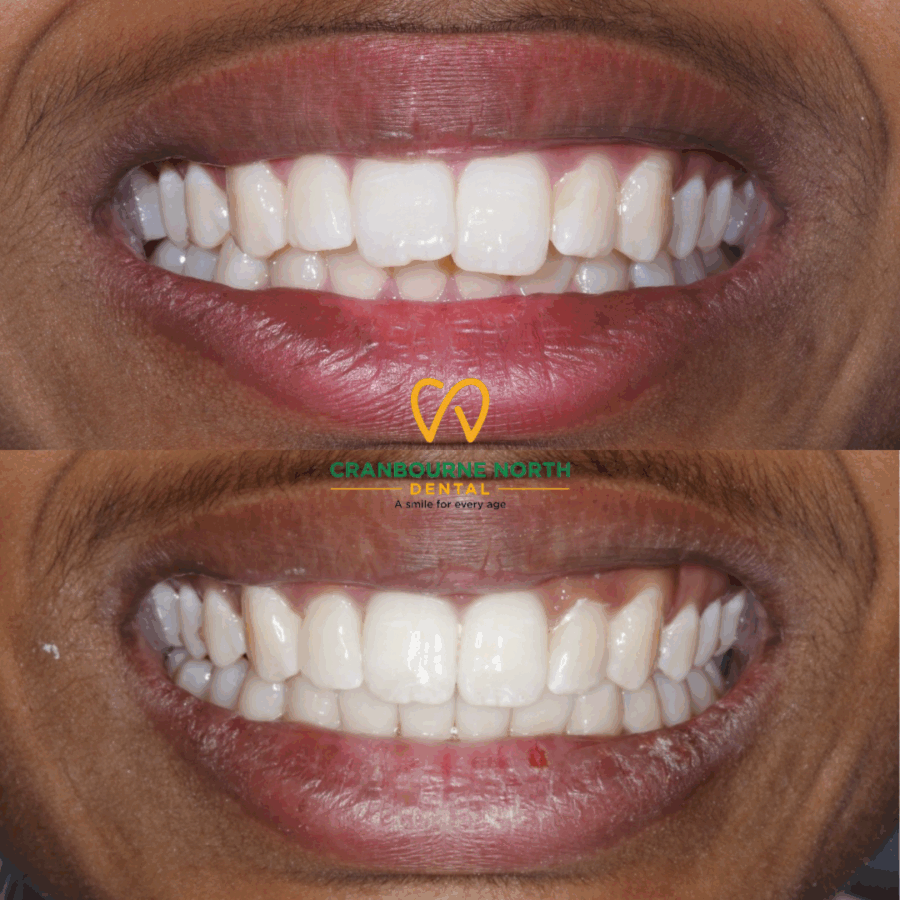What Causes Jaw Pain?
Jaw pain can stem from various underlying conditions, ranging from temporary discomfort to chronic issues. Common causes include:
Temporomandibular Joint Disorders (TMD)
The temporomandibular joint (TMJ) connects your jaw to your skull, and disorders in this joint or the surrounding muscles can lead to pain, clicking, or restricted movement.
Bruxism (Teeth Grinding)
Grinding your teeth, often during sleep, can strain the jaw muscles and lead to soreness or stiffness.
Dental Issues
Problems such as misaligned teeth, gum disease, or dental abscesses can cause referred pain to the jaw area.
Injury or Trauma
Physical injuries, such as a blow to the face or jaw, can result in pain or inflammation.
Arthritis
Conditions like osteoarthritis or rheumatoid arthritis can cause joint inflammation, leading to chronic jaw discomfort.
Symptoms of Jaw Pain
Recognising the symptoms of jaw pain can help you identify when professional care is needed. Common signs include:
Tenderness or Discomfort
Aching or soreness in the jaw, face, or neck. This may be due to overworked jaw muscles or inflammation in the joints.
Clicking or Popping Sounds
Noises from the jaw joint when moving your mouth. These sounds often indicate misalignment or strain in the temporomandibular joint (TMJ).
Restricted Movement
Difficulty or pain when opening wide or chewing. This could signal a TMJ disorder or an issue with the jaw muscles or ligaments.
Associated Pain
Headaches, earaches, or neck pain often accompany jaw issues. These symptoms may arise due to referred pain from the jaw to surrounding areas.
Swelling or Stiffness
Swelling around the jaw or cheeks, possibly indicating an infection. This could also result from trauma, arthritis, or joint inflammation.

How to Relieve Jaw Pain
Relieving jaw pain depends on its cause and severity. Here are some effective approaches:
Mouthguards or Splints
Custom-made appliances can protect your teeth from grinding and provide jaw support.
Addressing misaligned teeth can improve jaw alignment and ease related pain
Specific treatments are designed for temporomandibular joint disorders to restore proper function.
Addressing dental issues like cavities or infections to remove sources of pain.

When to See a Dentist
Certain signs indicate the need for professional care. Schedule a dental appointment if you experience:
Persistent Pain
Jaw pain lasting more than a few days without improvement.
Severe Discomfort
Pain that interferes with daily activities like eating or speaking.
Limited Jaw Movement
Difficulty opening or closing your mouth, or a locked jaw.
Clicking or Popping
Audible noises in the jaw joint accompanied by pain or restricted motion.
Swelling or Infection
Visible swelling, redness, fever, or other signs of infection in the jaw area.
How Cranbourne North Dental Can Help With Your Jaw Pain
At Cranbourne North Dental, we are committed to providing expert care to effectively address jaw pain. Our approach begins with personalised assessments, where we thoroughly examine your symptoms, jaw, teeth, and bite alignment to identify the root cause of your discomfort.
Using advanced dental technology, we ensure accurate diagnostics to guide the most effective treatment plan. Throughout the process, our compassionate team offers ongoing support, guidance, and follow-up care to achieve lasting relief. If jaw pain is affecting your daily life, contact us to restore your oral health and overall wellbeing with patient-focused, professional care.
Our Treatments
Frequently Asked Questions

Can stress cause jaw pain?
Yes, stress is a common contributor to jaw pain. Stress can lead to habits like teeth grinding or clenching (bruxism), which strain the jaw muscles and temporomandibular joint (TMJ), causing discomfort.
Is jaw pain always related to dental problems?
Not necessarily. While dental issues like cavities, gum disease, or misaligned teeth can cause jaw pain, it may also result from conditions like TMJ disorders, arthritis, or even sinus infections. A dentist can help determine the cause.
Can I relieve jaw pain at home?
You can try home remedies such as applying warm or cold compresses, practising jaw exercises, and avoiding hard or chewy foods. However, if the pain persists or worsens, professional care is recommended.
How do I know if I have a TMJ disorder?
Common signs of a TMJ disorder include jaw pain, clicking or popping sounds in the jaw joint, difficulty opening or closing your mouth, and associated headaches or earaches. A dentist can confirm the diagnosis through an evaluation.
When should I seek dental care for jaw pain?
You should consult a dentist if your jaw pain lasts more than a few days, is severe, limits your jaw movement, or is accompanied by swelling, redness, or fever. Early diagnosis and treatment can prevent complications and provide relief.




















